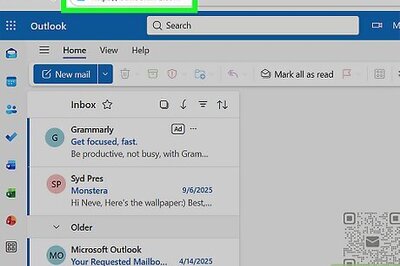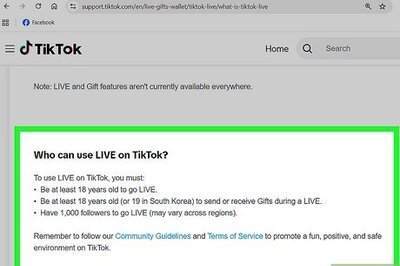
views
On Wednesday, September 4, 2019, the Reserve Bank of India directed the banks to link the interest rates on loans to retail and small business borrowers. It will be mandatory for banks to link all new floating-rate loans for housing, auto and MSMEs to an external benchmark like repo from October 1. This move is taken to aid effective downward transmission of the central bank’s policy rate cuts.
As a result, the move will also make home loans and auto loans cheaper from October 1 onwards. This is because the banks will now be forced to pass on the multiple rate cuts that the RBI has made in recent monetary policy meetings.
For those who are unaware, when the banks decide the rate to be charged for any loan, they set a benchmark, below which they will not lend any loan. Over this benchmark, the banks also charge something called ‘spread’, which is usually higher for riskier loans. These rates were earlier decided by individual banks. Now, the RBI has made external benchmarking mandatory to bring in more transparency.
For this, RBI has provided banks with four options, which makes it compulsory for banks to link loans either to RBI’s repo rate, the 3-month Treasury Bill (91-day T-Bill) yield, the 6-month Treasury Bill yield, or any other benchmark market interest rate that is published by Financial Benchmarks India Pvt Ltd (FBIL).
This will work in favour of borrowers who are looking to take new personal, retail or MSME loans. The borrowers will get benefit from lower rates. However, since the external benchmark linked loans are for new borrowers, existing borrowers might not immediately benefit from the new rules.




















Comments
0 comment